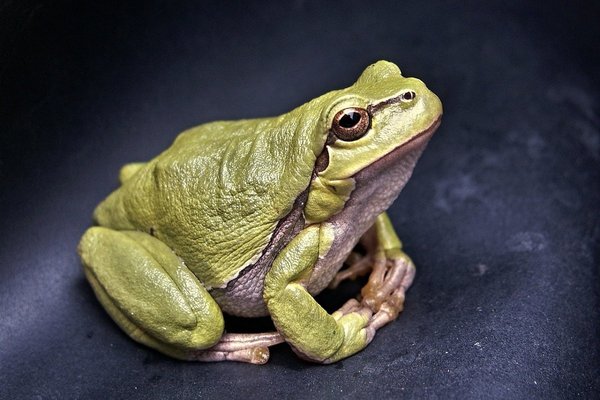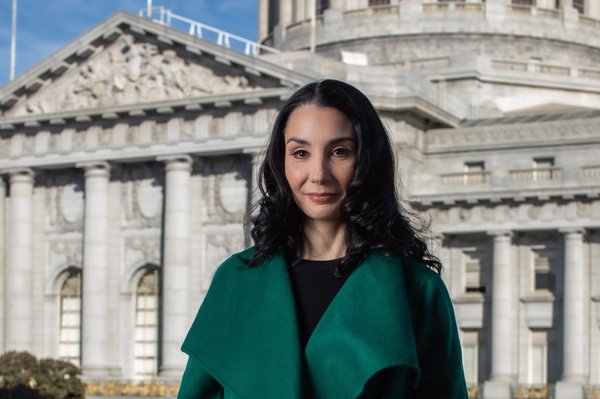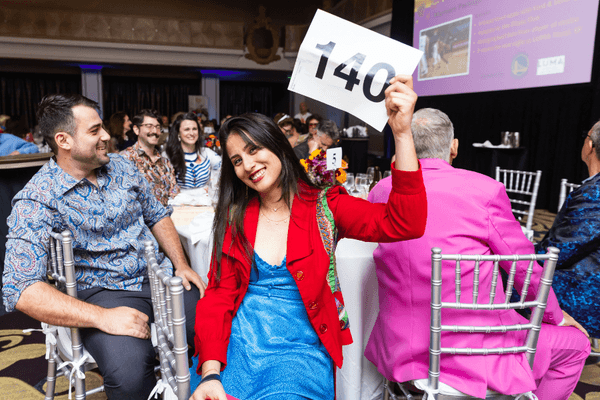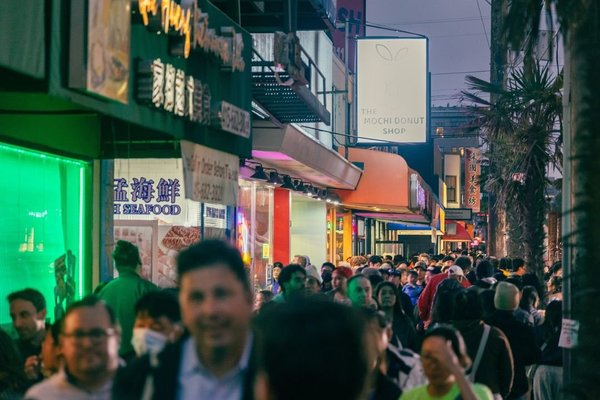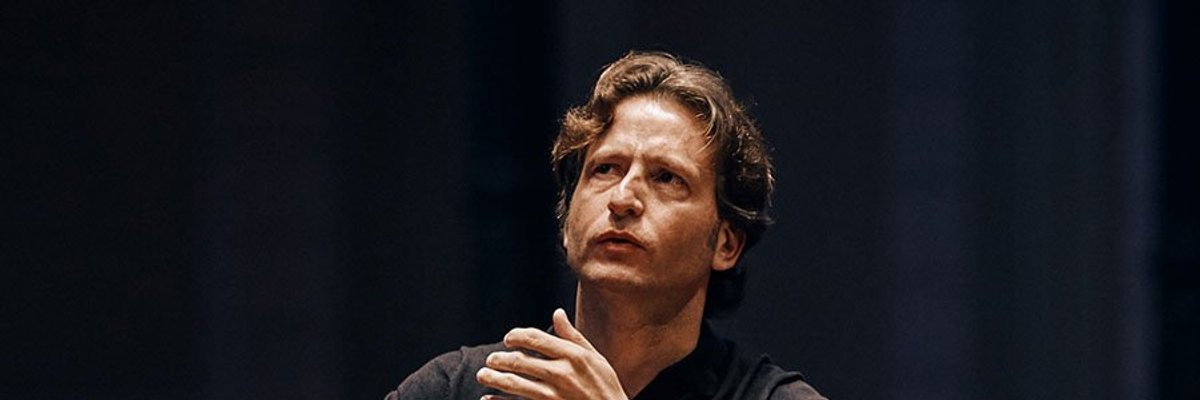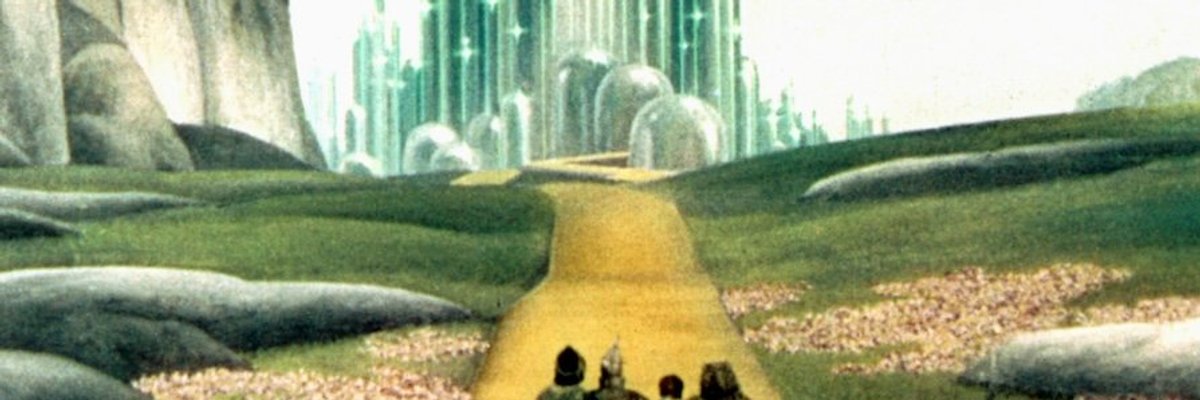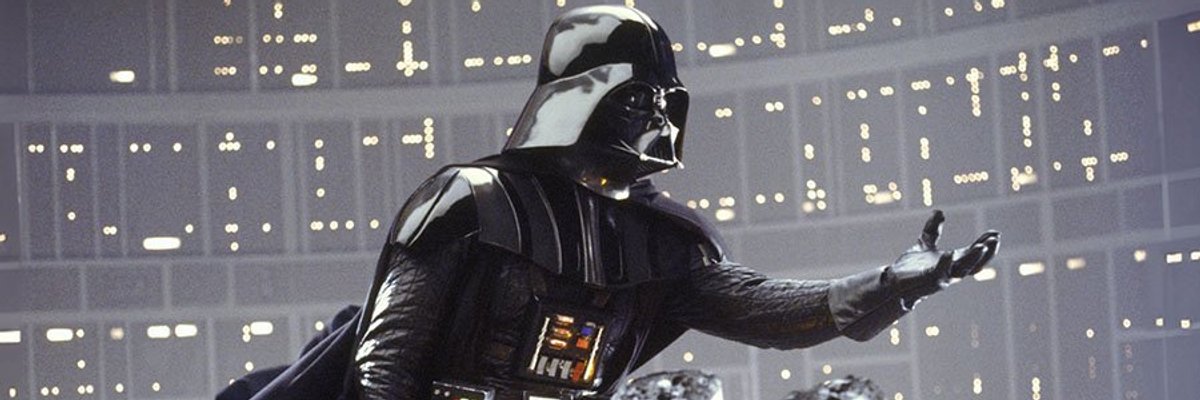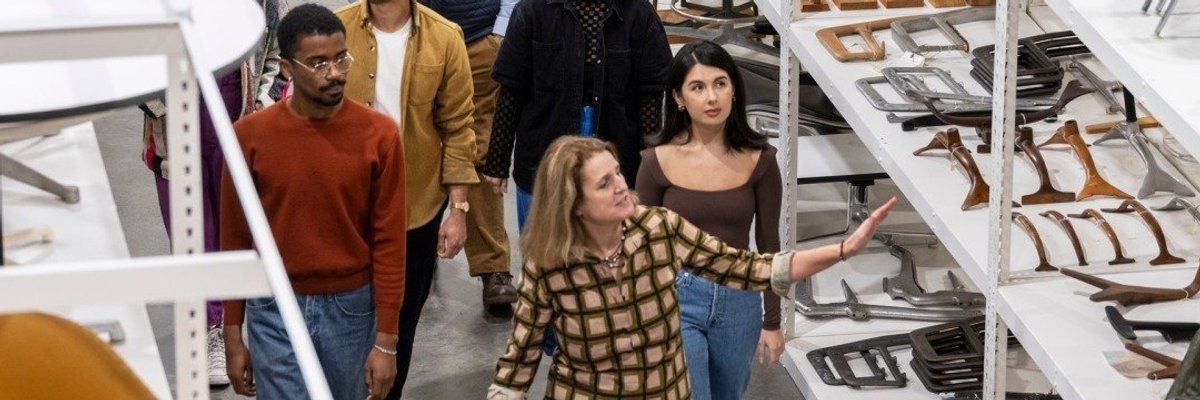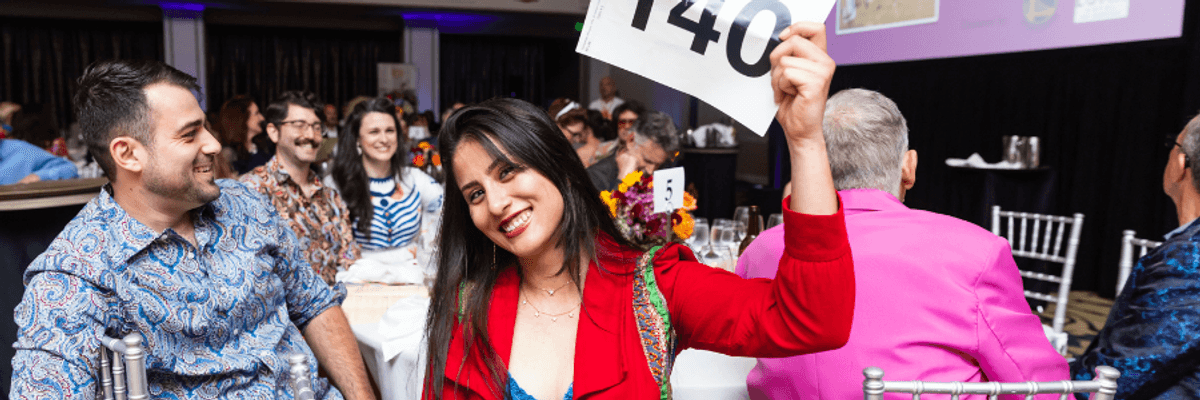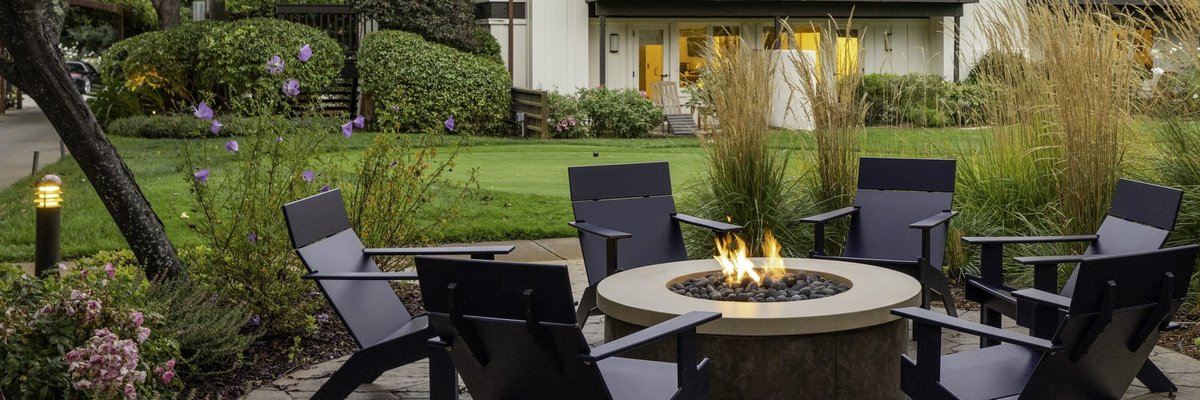I feel Michael Cera's pain.
The Canadian actor recently swung through town on press-slash-college tour with his forthcoming coming-of-age comedy, Youth in Revolt (opening Friday, Jan. 8). And though he seemed thoroughly prepared for the UC Berkeley audience's response to a fiery Ann-Arbor-masquerading-as-the-Gourmet-Ghetto and looked remarkably well -- Cera was immaculately dressed in rich, velvety jewel tones and has some of the most perfectly pore-less, beautiful skin I've ever seen (I seriously could not stop staring at Cera's peachy cheeks -- he makes Photoshop totally irrelevant) -- he had an major stomach ache going down. Unfortunate youth and their untamed tummies. The Superbad and Juno star mildly griped about his discomfort as he sat down for a roundtable interview with Portia Doubleday, his co-star in the Miguel Arteta film, and CD Payne, the Northern California author of the 1993 novel, Youth in Revolt: The Journals of Nick Twisp.
"I don't know what this is yet," Cera said of his tumultuous innards, to which I lamely replied, "There are some cookies over there..."
"That might help. It would be an amazing thing to find out that that was what cured this," he deadpanned sweetly.
I hear you were instrumental in bringing the novel to the screen.
Michael Cera: "I wouldn't say that -- I think the movie was bouncing around for a few years before I was ever involved. But I was definitely actively trying to be a part of it."
What appealed to you about the book?
MC: "I love the characters. I love the voice. You know, it's a really fun part, and the book is hilarious, and it's very cinematic, too. You can really see it making a movie as you're reading it."
It's not condescending toward teenagers.
MC: "That's true. I read a few books that almost read as false naivete, which is really annoying when you're reading books that are written in the voice of teenagers."
At first your character Nick seems like a familiar character for you. Then Francois [Nick's fantasy French bad-boy alter-ego] comes along. I want to know about your transformation.
MC: "It wasn't uncomfortable. The contacts were a strange adjustment because I've never had those in my eyes, and it's a foreign object in your eye. So it's weird at first, but you kind of get used to it, and it was fun, and I really enjoyed having them on. And same with the mustache and the clothes -- it was a lot of fun to get that stuff on."
Could you relate to the Nick character -- wanting to be someone else?
MC: "Somewhat. That's kind of what being an actor is: getting to not be yourself for a bit and not seem crazy."
How about the aspect of Nick being the quintessential outsider?
MC: "I think everyone kind of feels like that, growing up, and you know, yeah, everyone really thinks about how everything relates to them or affects them -- I think it's a universal thing."
Does it start with the story for you?
MC: "Yeah, and the director normally. That's sort of what draws me in."
C. D. Payne said you contributed a lot to the script.
MC: "Yeah, me and Miguel worked on it a lot together, you know. We mainly went back and tried to put as much from the book back in as we could. There were a lot of opportunities for that. Just dialogue from the book. We just tried to maintain the spirit of the book as much as we could, I think."
A lot of young people really love this book. What is it about this story that felt empowering to them?
C. D. Payne: "Well, I made Nick so young in the book because I wanted to make him as powerless as possible. When you present a character with no power and all these challenges ... he has a lot of imagination. You get to watch him do creative things to change the course of his life. I think kids really relate to that because everybody is always telling you what to do. And going to school, you really have to conform. It's almost like a 9-to-5 job. Also the parents in the book are exceptionally stupid, and I think kids relate to that."
Do you think young kids and parents will relate to the message, "Be bad. Be very bad."
CP: "That isn't really the message. This isn't really a movie with a message. [Laughs] Laugh and be amused. I think kids can separate Nick's antics from real life -- I hope."
What was that movie where kids were lying down in the middle of the street? [The Program, - Ed.] They had to change the film because kids were actually doing that.
MC: "Really?!"
CP: "It was a while ago."
MC: "Omigosh."
CP: "I suppose some kids are impressionable."
MC:"AClockwork Orange had that whole aspect of kids committing ultraviolent acts -- they pulled it out of theaters in London. Kubrick actually asked them to pull it from theaters because people were sending him threatening mail, and he was becoming very afraid."
Both [Michael's and Portia's] characters are kind of mature and pretentious -- is that in either of you? Were you like that as a teen?
MC: "I don't think so. I don't remember feeling very pretentious.
"But I don't think they are very pretentious. I think they just can't relate to anyone around them that's their own age. And the only way of having any sense of themselves is to sort of immerse themselves in these movies and books that they can escape into."
Portia Doubleday: "I think it's just their truth. I guess I can associate with it, with my truths. But they're far less interesting than Jean-Paul Belmondo."
Did you grow up in small town like Sheeni?
PD: "I grew up in L.A." [Laughs]
So you didn't have to escape into French films?
PD: "No, I had to escape L.A." [Laughs]
I think you did a really good job in showing another side to a character that a lot of people might see as negative? How did you find your way into the character?
PD: "Miguel is a really amazing director, and I definitely relied on him to find that fine line of not being a mean, bitchy girl and still being likable. Also there was just the story...
"It was easy for me to key into the vulnerability. She's persuasive and a little bit manipulative, but at the same time, she's in a place she doesn't want to be -- a trailer park -- and she wants to escape. She finds someone and her idealistic fantasy isn't really ideal. She finds an escape from real life -- or someone to escape real life with her."
When you were that age were you that confident?
PD: "I think I was, actually. I think I got less confident with age. I think there's a confidence that comes with being young -- because you just don't know what you don't know. You don't know how much you don't know!"
- Wine Country
- Holiday Gift Guide
- Holiday Recipes
- Events + Openings
- Workouts + Wellness
- Culinary Road Trip
- Community + Activism
- Cooking Videos
- COVID-19
- LGBTQ Pride
- Art + Design
- popular
- Test
- San Francisco
- East Bay
- Oakland
- Marin
- Silicon Valley
- Tahoe
- Secret Recipe
- Foodie Agenda
- Drink Here Now
- The Big Eat
- Play
- Tech
- Weddings
- Top Stories
- From Our Partners
- Property Porn
- Apartment Porn
- Brunch Topics
- Cannabis Insider
- Weekend Guide
- Monthly Agenda
- The Sunday Read
- Neighborhood Guide
- Best of San Francisco
- Most Popular
- Travel
- Dining + Restaurants
- Style Council 2016
- Cannabis
- 7x7 Hot 20
- 7x7 Cannabis Guide
- Bay Area Wellness Guide
- Shop Talk
- Music + Concerts
- Bay Area News
- News + Politics
- Restaurant Review
- Made in the Bay Area
- Style Council 2017
- Humor
- Manually populated
- Right Rail Most Read
- Sports
By
Related Articles



